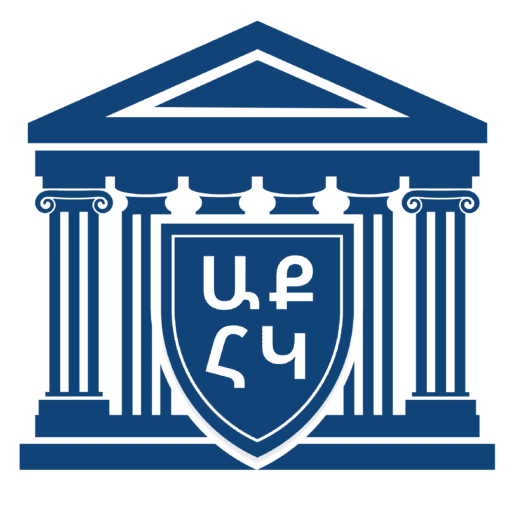Local self-government elections are underway in Gyumri. The campaign, which concludes today, has been marked by both positive and negative aspects. The competition has been fierce—not only in terms of ideological and geopolitical perspectives but also on a personal level. The key contenders in these elections can be broadly categorized into four groups.
The ruling authorities are represented by Sarik Minasyan, the acting mayor of Gyumri. His campaign largely echoes the government’s overarching narrative, emphasizing the strengthening of democracy, the “past vs. present” discourse, and promises of progress and development for Gyumri.
The radical opposition is divided into two factions, led by Ruben Mkhitaryan and Martun Grigoryan. Their rhetoric is notably aggressive, focusing on the loss of Artsakh, the deterioration of the security environment, and similar issues. They also highlight what they describe as the low quality of governance in Gyumri under the current administration over the past seven years.
Representing the pro-European camp, Levon Barseghyan presents himself as an alternative force. His campaign is primarily centered on solving internal issues in Gyumri, arguing that his program offers the only realistic path to the city’s development and progress.
Finally, former mayor Vardan Ghukasyan promotes Russian influence in Gyumri, promising an improved quality of life “through Russian money.”
It appears that other candidates do not have significant prospects for success.
These trends highlight a fundamental clash of values in Gyumri. Unsurprisingly, the campaign has also seen personal attacks, which further underscore the deep ideological differences among the candidates.
For instance, during a debate on Public Television, Minasyan and Mkhitaryan engaged in a heated exchange, raising their voices and attempting to prove the validity of their respective arguments. Meanwhile, Grigoryan used the same platform to accuse the government representative of arresting his family members, while Minasyan focused on defending himself rather than addressing the potential legitimacy of the accusations. In contrast, Barseghyan distinguished himself by avoiding unconstructive dialogue, maintaining discipline and respect for agreed-upon rules, and prioritizing the well-being of Gyumri’s residents.
An even starker example of these value differences is Vardan Ghukasyan. Not only did he refuse to participate in the debate, demonstrating his disregard for Western democratic traditions, but he also frequently expresses admiration for the criminal subculture in his public statements.
So, what does Gyumri want? A democratic yet “real” Armenia? A return to pre-revolutionary power dynamics? A government aligned with Western values? Or a strengthened Russian presence intertwined with the “underworld” code? We will find out in just a few days. But one thing is certain—the fact that Gyumri even has a real choice today is already an achievement.
Robert Ghevondyan

